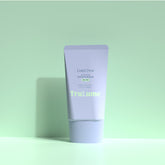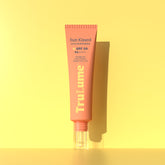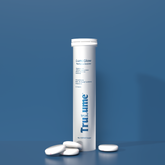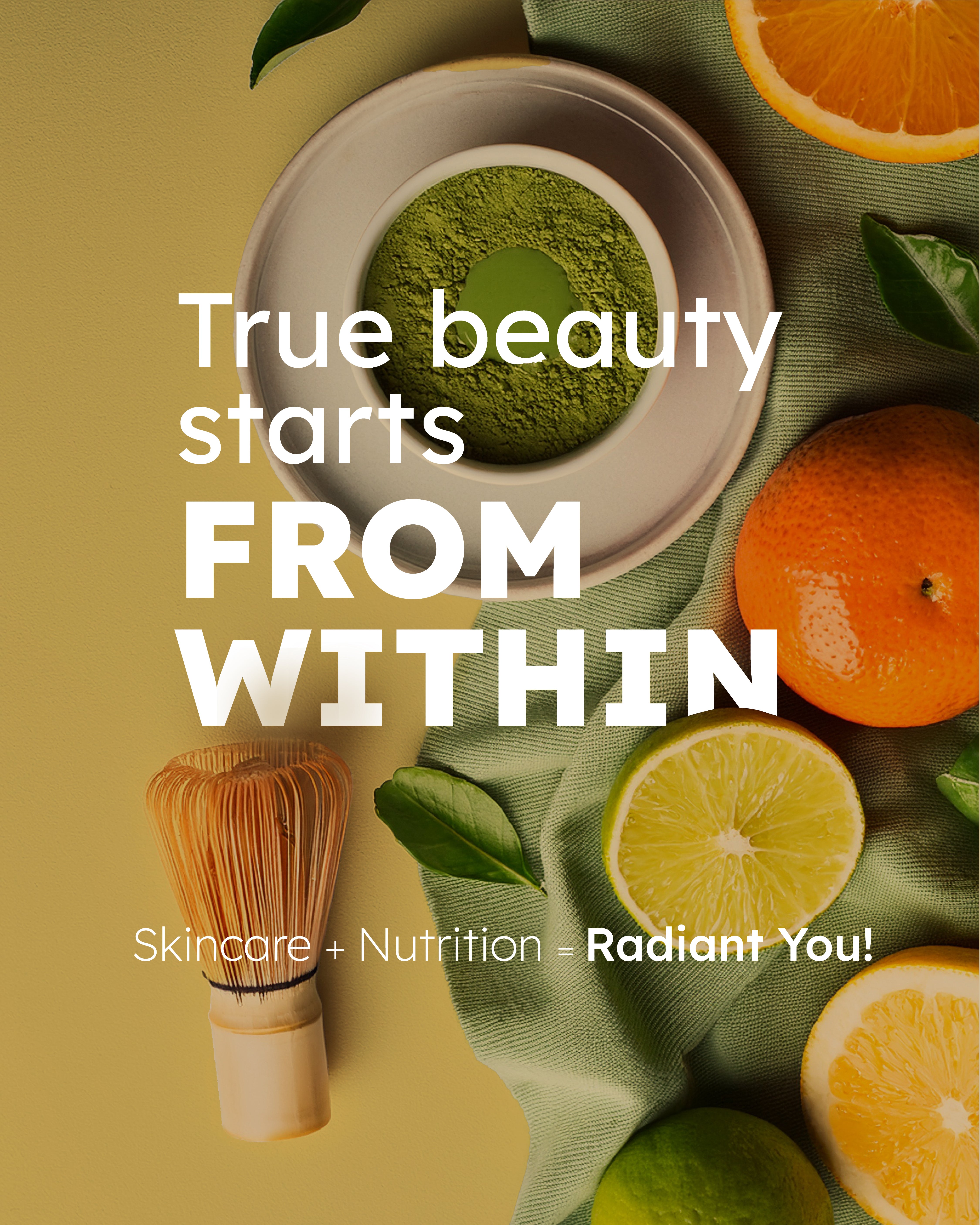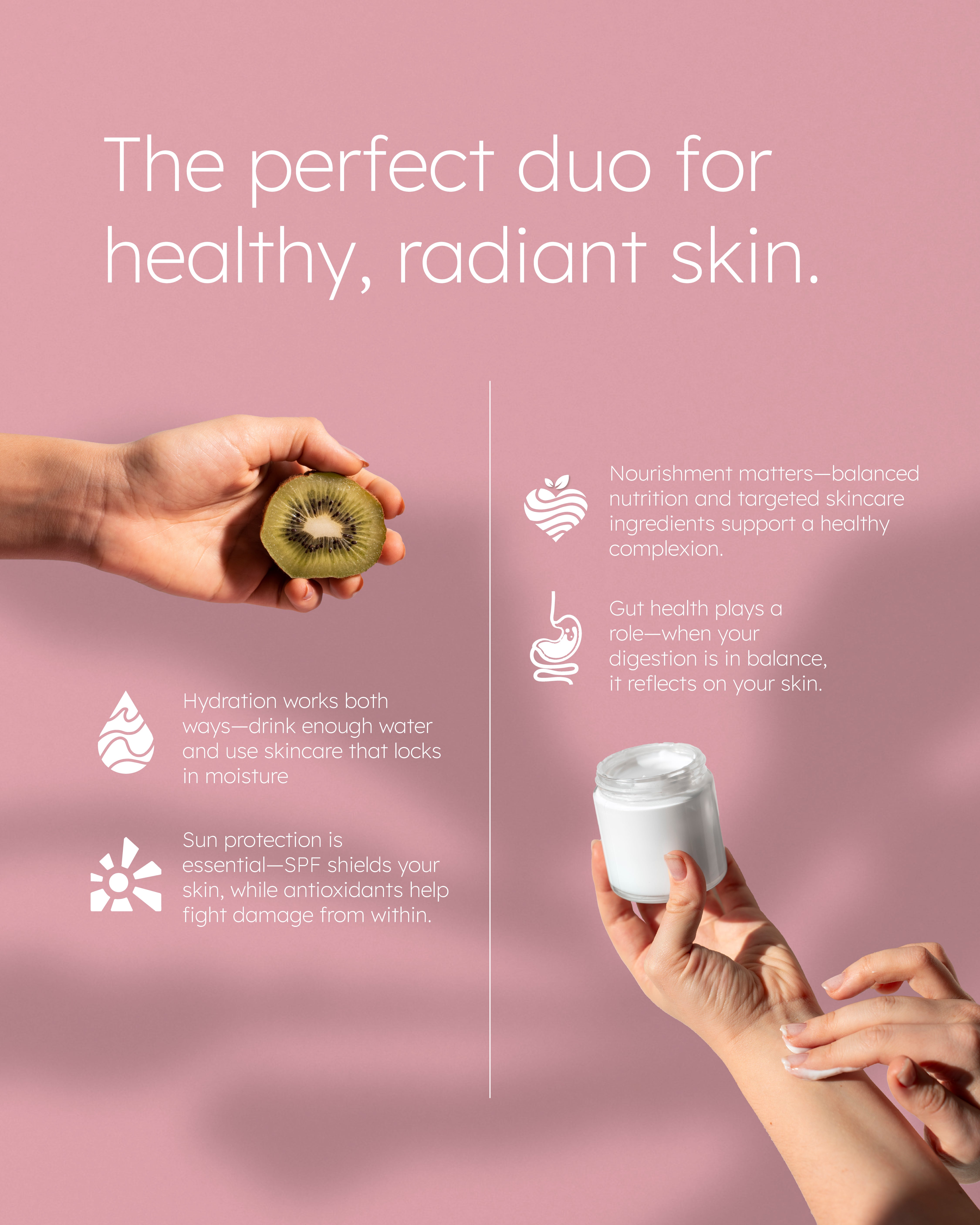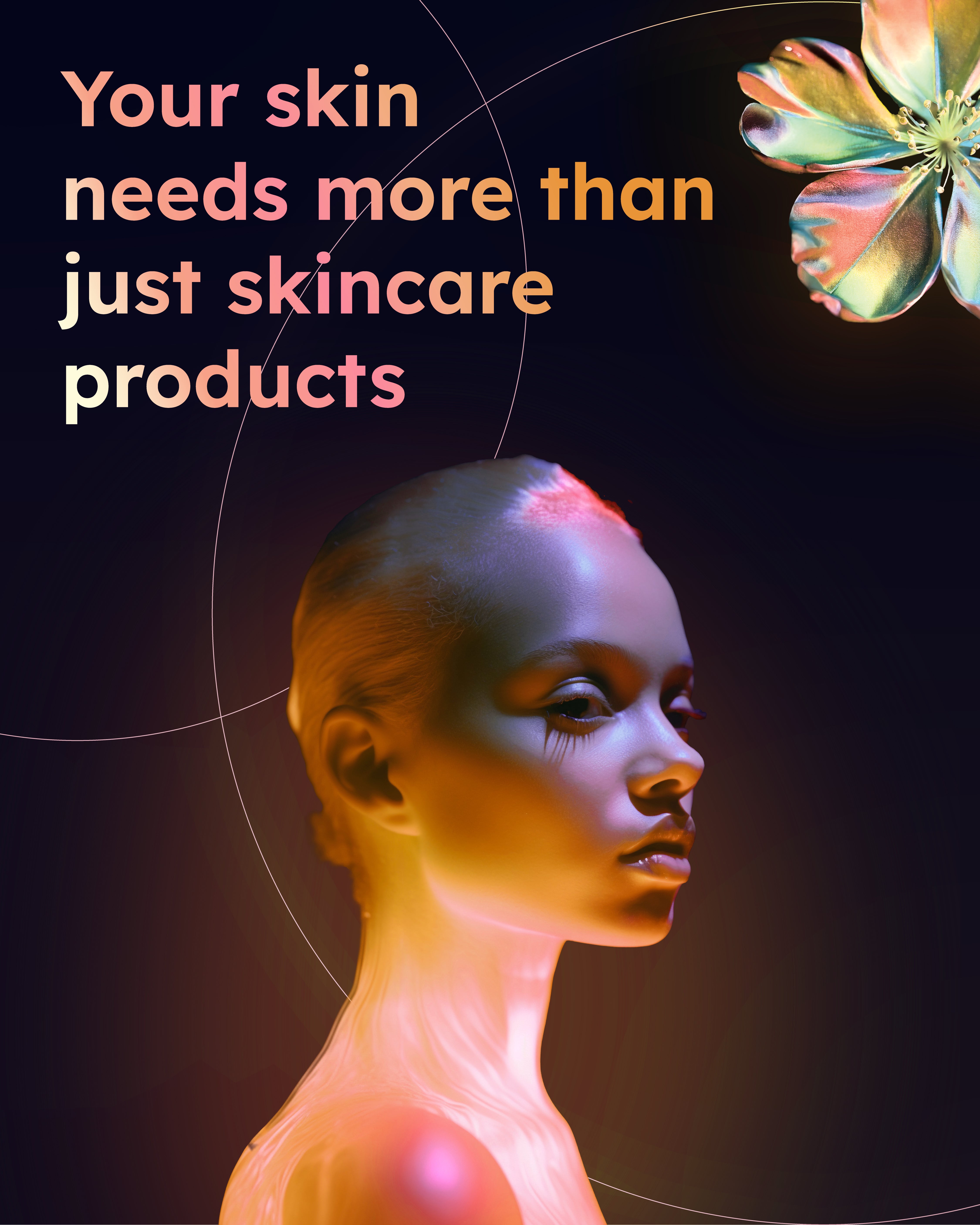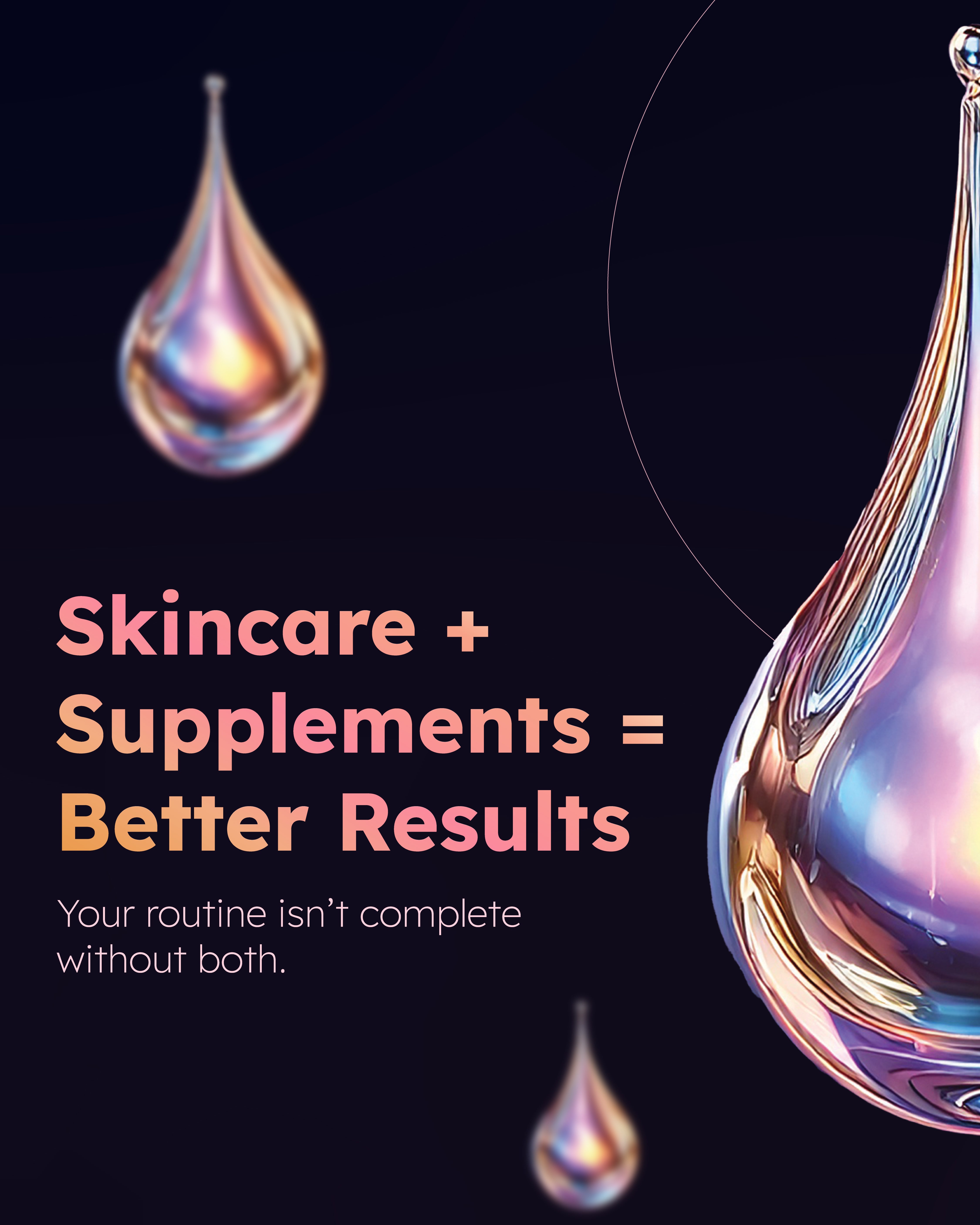Understanding Oily Skin: Why It Happens and How to Manage It
Oily skin is a concern for many young girls, and it directly affects their looks, beauty, and confidence. Oily skin is seen when the secretion of natural oil, that is sebum, is excessive.
Sebum is important for skin health, texture, etc, but when it is secreted in excess amounts can cause issues related to oily skin. If you are also troubled with oily skin issues and want to know how to manage them, let's begin with understanding the factors leading to oily skin. This will help in improved skincare.
What Causes Oily Skin?
Many things lead to oily skin. A few factors from this list can be modified, whereas some factors are not in our control, but one can take certain steps and modify daily habits to achieve beautiful, shining skin.
1. Genetics & family history:
Genes play an important role in our looks, appearance, and personality. If your mother, grandmother, sister, or brother has oily skin, there is a higher chance that your skin also produces high sebum, leading to oily skin. Statistics suggest that genetics plays over 60% of the role in skin texture and aging.
2. Hormonal Changes
Hormones are important chemicals in our body that trigger certain actions and functions in day-to-day life. Certain hormones, such as androgen, lead to excess production of sebum in young adults. It is also seen during conditions like PCOD and premenstrual time, when these issues are elevated.
3. Diet and Nutrition
They say “You are what you eat”. This is true because it can reflect on your skin, too. A diet full of oily food, high-fat dairy products, and greasy products triggers excess sebum production. This leads to breakouts and subsequently acne issues. At the same time, including foods rich in omega-3 fats, vitamin A, and vitamin C can help in controlling sebum production.
4. Stress Management and Lifestyle Factors
Cortisol is known as a stress hormone. This hormone increases sebum production and leads to oily skin. This can be seen especially during stressful times such as examinations, when seeking deadlines, or struggling to complete sleep. These situations trigger oily skin and its related issues.
5. Overwashing and Chemical Products
It's very common to notice that young girls easily indulge in chemical-based skin care products without knowing about them. This one habit is harmful to their acne and oily skin issues. Many times, it's seen that they tend to use chemical products to wash their face repeatedly, which worsens the issue.
How to Manage Oily Skin Effectively
As we know about factors contributing to excess sebum production, let's understand how to take control and manage oily skin effectively.
1. Prefer gentle products
Reducing the use of chemicals is the best way to take care of skin issues. Go for chemical-free products and look for ingredients such as green tea extract, niacin acid, salicylic acid, etc., which help in controlling oil production without any harmful effect.
2. Skin hydration is important
This is the biggest myth that oily skin does not need moisturization and hydration. Even to control sebum production, one needs the right moisturizing and hydration products. Products that contain hyaluronic acid, aloe vera help in moisturizing oily skin. Our Lumi Dew moisturiser contains niacinamides and ceramide complex, which can contribute to glowing skin.
3. Exfoliate Regularly
Exfoliation helps in removing dead skin, and it is a must for oily skin, too. Beta hydroxy-based products help in exfoliation and prevent skin clogging. Use such products without scrubbing for better-looking skin.
4. Use non-comedogenic products:
Non-comedogenic beauty and skincare products prevent skin clogging, which is essential for oily skin. These are usually light, containing glycerin, clay, charcoal, etc. One can also use oil-absorbing sheets and facemasks to prevent excess oil production.
5. Use Sunscreen every day
One of the beneficial habits is to apply sunscreen daily and prevent skin issues. Lightweight and non-greasy sunscreens are best suitable for an oily skincare routine. Our Sunkissed hybrid sunscreen has SPF of 50, and helps in providing protection against UV radiation.
Nutrition and supplements to Support Oily Skin
As we know, nutrients affect skin texture and look. Here are a few must-have supplements to enhance your inner glow. These help in controlling sebum production and give the required glow to your skin.
1. Omega-3 Fatty Acids
Omega-3s are essential fatty acids that are abundantly present in nuts and oilseeds such as almonds, walnuts, chia seeds, flax seeds, etc. Making it part of the daily diet is beneficial.
2. Zinc
Zinc is an important mineral for skin. It helps in reducing the aging effect. At a young age, adding zinc-rich foods helps in preventing aging issues and oily skin challenges, too. Add pumpkin seeds, mushrooms, and green leafy vegetables to enhance zinc intake.
3. Vitamin A-rich foods:
Vitamin A plays an important role in skin health and texture. Vitamin A helps in reducing oil production, reduces acne, and improves skin texture. Add yellow and orange-colored fruits and vegetables to your daily diet to get ample amounts of vitamin A.
4. Gut healthy bacteria
Gut health affects skin texture and acne. Adding probiotics and prebiotics to the daily diet helps in managing oily skin. Add fermented foods, kombucha, kanji, etc., to maintain gut microflora and prevent excess oil production, too.
Conclusion
For many young women, managing oily skin can be challenging, but with the right approach, it is possible to maintain a healthy and radiant complexion.
By understanding the root causes and using a balanced approach that includes gentle skincare, a nutritious diet, and targeted supplements, oily skin can be kept under control. If persistent oiliness and acne continue to be a concern, consulting a dermatologist or skincare expert can provide personalized solutions for long-term skin health.
